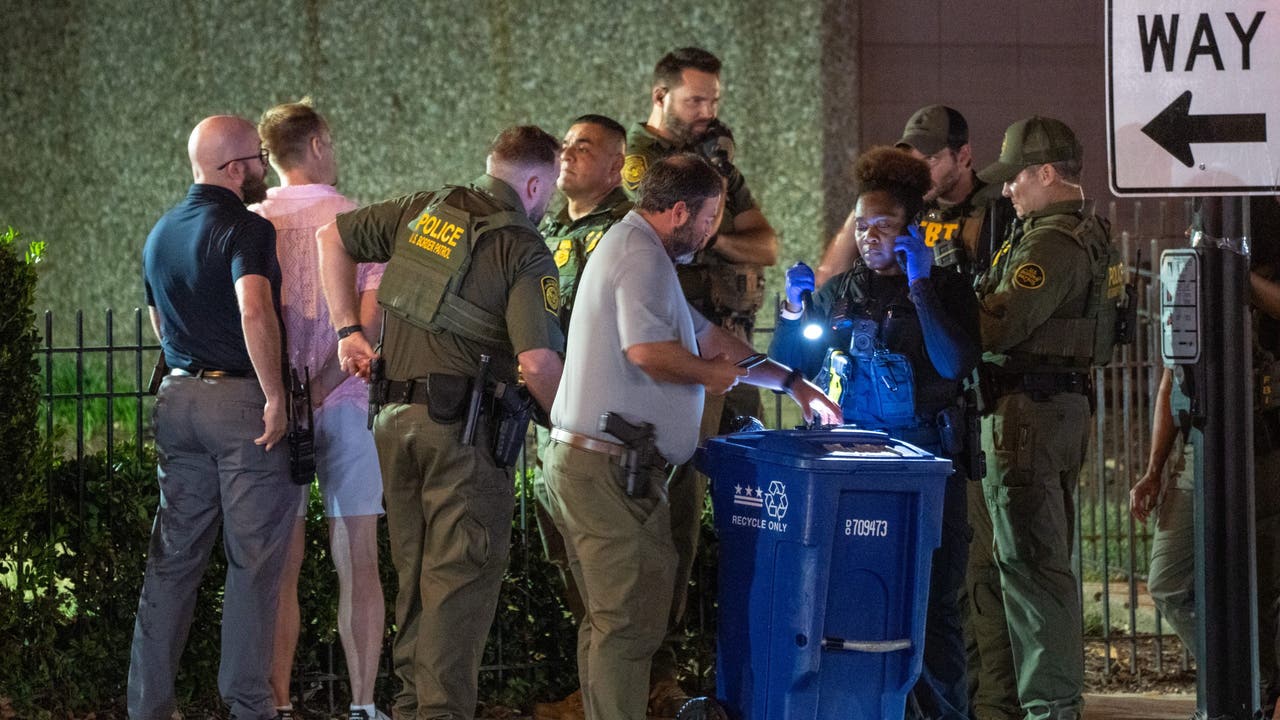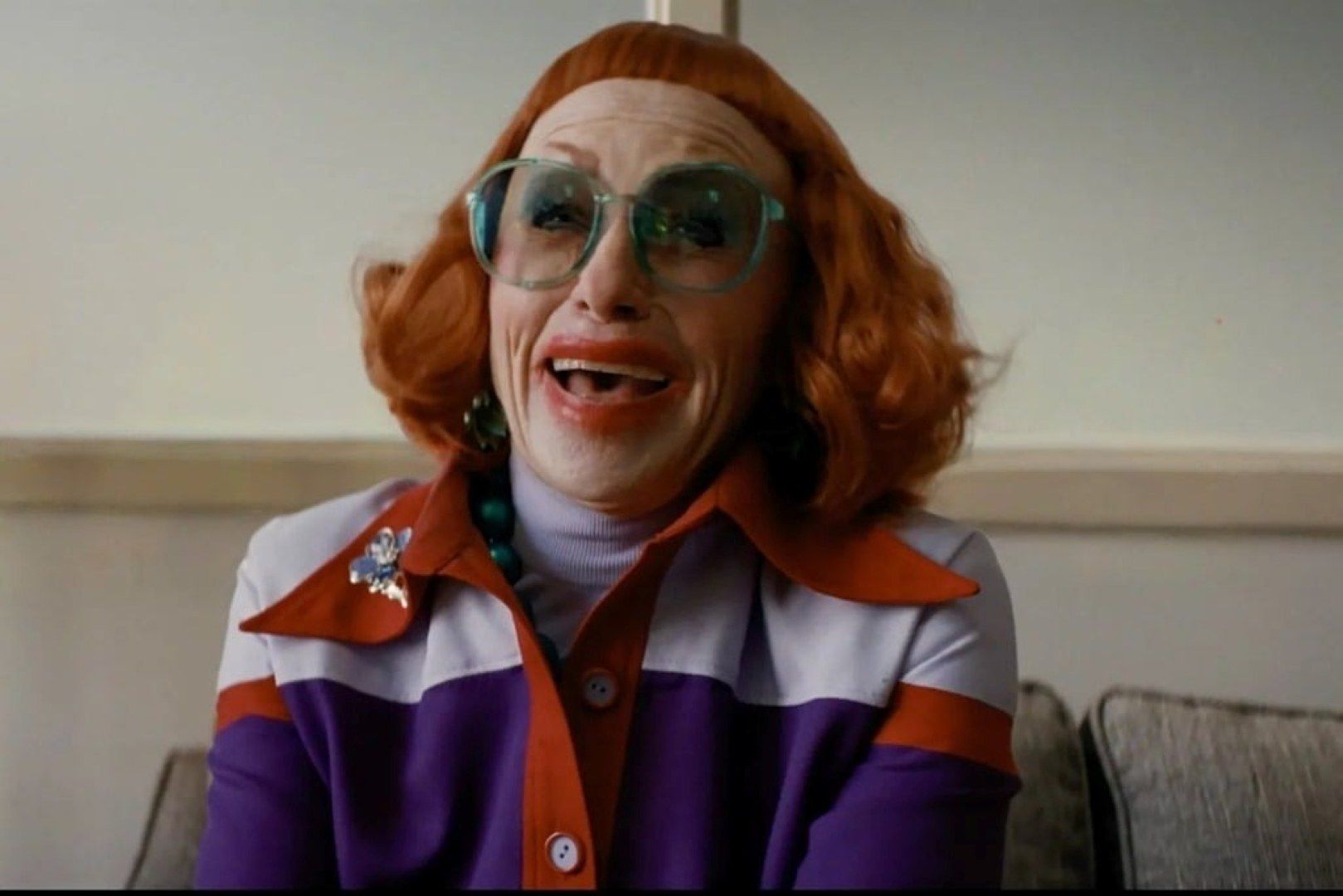Miguel Roque finds respite from the heat by reading in the shade of Montreal’s Lafontaine Park.Christinne Muschi/The Canadian Press
Health officials in Montreal are still working to tally the total number of people who died from heat-related causes since Sunday, when sweltering temperatures took over the city.
The city’s public health department has so far confirmed three reports of heat-related deaths since then, up from one earlier this week. The agency says it has also received reports of at least two cases of heat stroke.
Montreal saw record-breaking temperatures of 34 C on Sunday, with the mercury peaking just as high on Monday and Tuesday.
The agency continues to ask Montreal ER doctors to report all cases of suspected heat-related deaths or heat stroke.
Ask a doctor: What are the signs of heat illness?
Paramedics serving Montreal and Laval, Que., said that between Monday and Wednesday they received anywhere from 10 to 15 calls for heat stroke per day.
Montreal’s public health department said the discrepancy between its official count and the number of heat stroke-related 911 calls comes down to corroboration. “The volume of these kinds of calls is used as a public health indicator, but they are not all confirmed cases of heat strokes,” spokesperson Danny Raymond said.
Meanwhile, the total number of 911 calls Urgences-santé paramedics received between Monday and Wednesday was higher than usual.
“At the hottest time of the day, during the heat wave, we saw an increase of about 15 to 20 per cent above our usual volume,” spokesperson Jean-Pierre Rouleau said.
Vulnerable people lack access to cooling, advocates say, as heat warnings persist
He said those suffering from health problems that tend to get worse with extreme heat took up a large percentage of calls. “The increase mainly resulted from medical problems like loss of consciousness, diabetes, and heart and respiratory problems,” he said.
“Listen to your body,” Rouleau said. “If the signs and symptoms of heat stroke begin to appear, like nausea, dizziness, or weakness, it’s important you get out of the heat, take a break, and go to (an) air-conditioned place.”
For homeless people used to going to the day shelter by Montreal’s downtown Cabot Square, that wasn’t possible. The air conditioning unit there has been broken for weeks now, Resilience Montreal’s executive director said, making conditions “unbearable” for clients and staff.
He blamed the situation on lack of core funding from government. “Basic needs services for the homeless (are) just not really a priority for the provincial government,” David Chapman said. “It’s still not evidently a priority for the City of Montreal either.”
He’s since called in a contractor to fix the unit, but says he still doesn’t have the money to pay for the expense, which he said could cost up to $5,000.
“When it’s excessively hot day after day after day, if you don’t fix the problem, your staff and your clients go insane,” he said.











